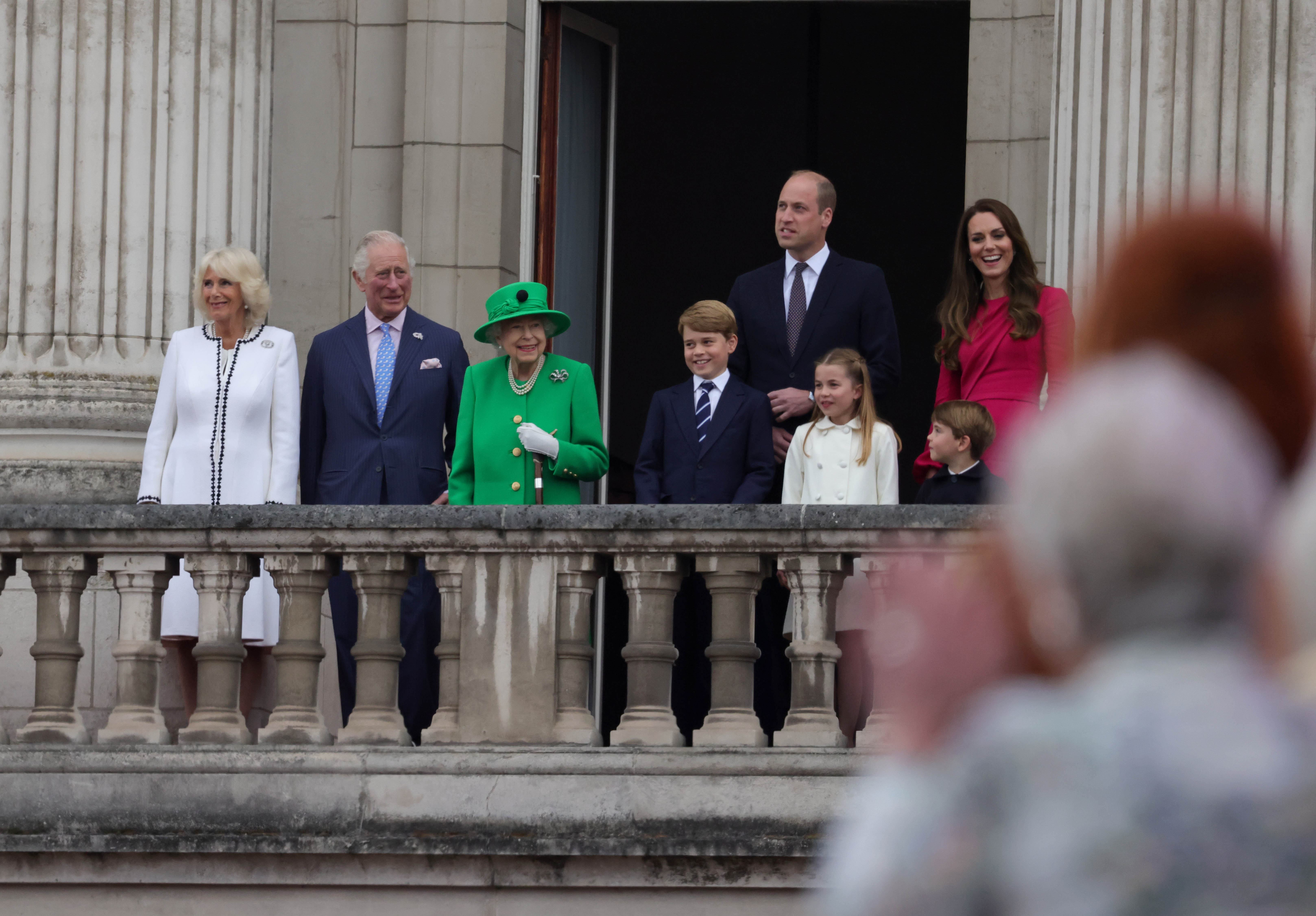10 Must-Know Insights About Charles III’s Cancer Diagnosis
In the realm of royalty, the life of King Charles III has been characterized by a profound interest in various scientific and humanitarian causes. Among these, his engagement with cancer research and advocacy stands out as particularly noteworthy. This article embarks on a detailed exploration of the insights and contributions of Charles III in the field of cancer, offering a countdown of 10 pivotal aspects that have shaped his involvement and impact. As we delve into each section, we will uncover the multifaceted roles Charles III has played, from personal advocacy to influencing global research agendas. His journey is not just a testament to the power of influence but also an inspiring narrative of how individuals in positions of power can leverage their status for the greater good. This introduction sets the stage for a compelling exploration of how a royal figure has become an unexpected yet crucial ally in the fight against cancer.
1. The Personal Connection: Family Ties and Health Awareness

Charles III's interest in cancer research is deeply personal, rooted in his family's medical history. Several members of the royal family have faced health challenges, including cancer, which has heightened his awareness and commitment to the cause. This personal connection has not only made him more empathetic but has also driven him to use his platform to raise awareness about cancer prevention and early detection. His advocacy often emphasizes the importance of regular health check-ups and lifestyle choices that can reduce cancer risk. By sharing his family's experiences, Charles III has helped destigmatize discussions around cancer within the public sphere, encouraging open dialogues that can lead to better health outcomes. His personal story serves as a powerful reminder of the universal impact of cancer and the importance of proactive health management.
2. Patronage and Advocacy: Supporting Cancer Charities

As a prominent royal figure, Charles III has lent his patronage to numerous cancer charities and organizations. His involvement has provided these entities with increased visibility and credibility, enabling them to reach wider audiences and secure more funding. Through his patronage, Charles III has supported initiatives focused on various aspects of cancer care, from research and treatment to patient support and education. His advocacy work often involves attending charity events, delivering speeches, and participating in campaigns that highlight the importance of cancer research. By aligning himself with these causes, Charles III has helped to amplify their messages, bringing much-needed attention to the ongoing fight against cancer. His commitment to these organizations underscores the significant role that public figures can play in advancing medical research and improving patient outcomes.
